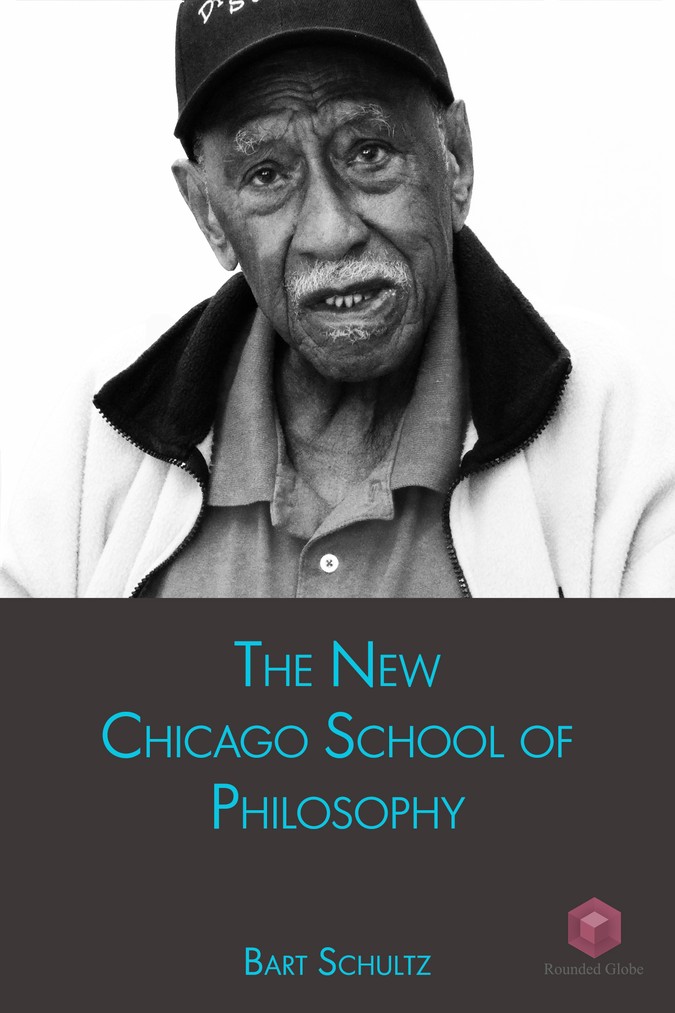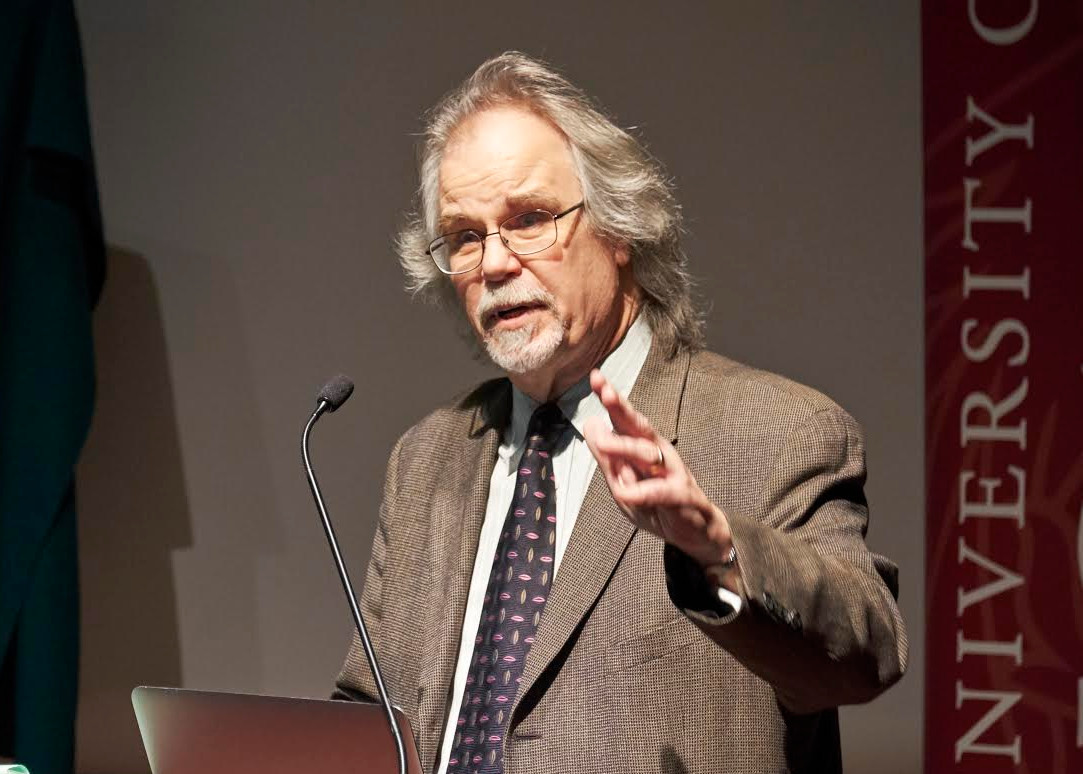
The New Chicago School of Philosophy
by Bart Schultz
The original 'Chicago School of Philosophy' was the version of philosophical pragmatism promoted primarily by John Dewey after he moved to the University of Chicago in 1894. Dewey's views, emphasizing anti-foundationalism, participatory democratic community, and educational reform to advance democratic citizenship, led to both the foundation of the University of Chicago Laboratory School and a critique of the elitist tendencies of the University of Chicago under its first president, William Rainey Harper.
The pragmatist revival that began in the 1970s and 80s with the work of such philosophers as Richard Rorty and Hilary Putnam compellingly revisited and reconstructed many aspects of Deweyan pragmatism; but it largely failed to revisit and reconstruct anything like Dewey's critique of institutions of higher education, despite the ever increasing relevance of that critique to the structure of higher education in North America.
Schultz's essay draws on the work of the University of Chicago Civic Knowledge Project, which has worked to reconstruct the Deweyan legacy to provide a better model of 'civic engagement' than those informing the educational policies of today - establishing, in effect, a 'New Chicago School of Philosophy'.
Download
Share
Help us
If you'd like to help Rounded Globe publish more high quality, accessible ebooks then please consider supporting us via our Patreon page.
 Menu
Menu
